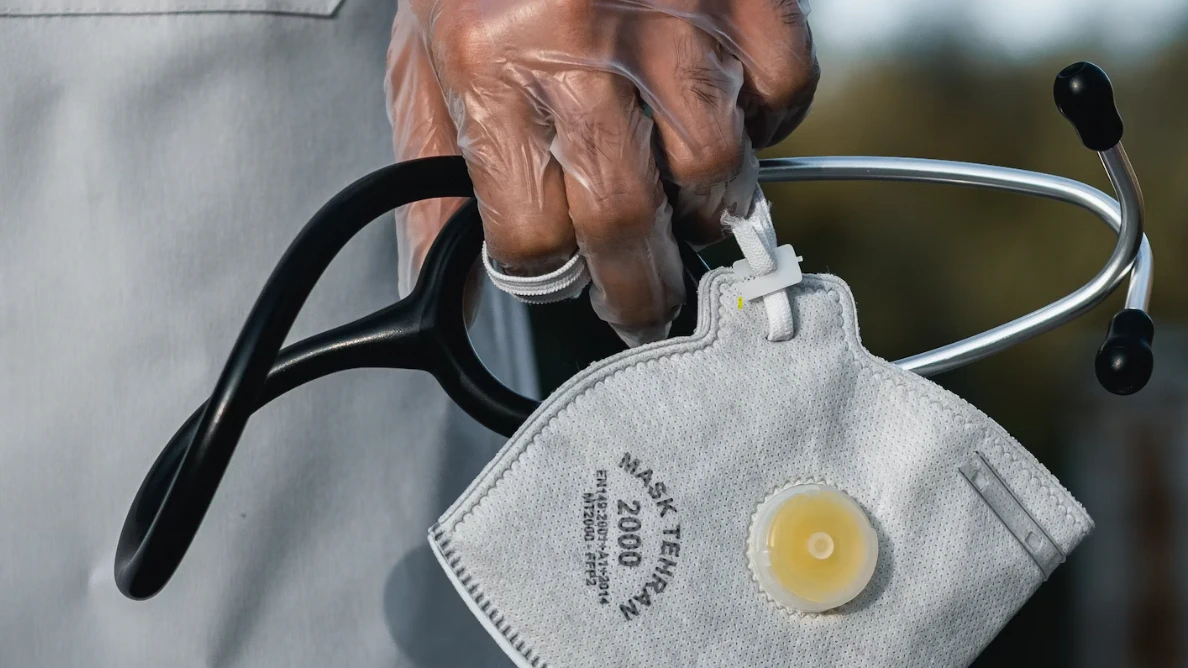In a world where health is paramount, disease prevention becomes a crucial aspect of our lives. The saying, “prevention is better than cure,” couldn’t be more accurate. In this comprehensive guide, we will delve into the strategies, habits and lifestyle changes you can adopt to prevent diseases effectively. From common colds to more serious health conditions, this article will equip you with the knowledge you need to lead a healthier life.
Understanding Disease Prevention
1. What Is Disease Prevention?
This refers to the range of measures that can be taken to avoid the occurrence of diseases or to slow their progression. These measures encompass various aspects of our lives, including lifestyle choices, nutrition and immunization.
2. Why Is Disease Prevention Important?
This is essential because it not only enhances the quality of life but also reduces the burden on healthcare systems. It’s a proactive approach to staying healthy and reducing healthcare costs.
Building a Strong Foundation: Lifestyle Choices
3. Healthy Eating Habits
- Incorporate a balanced diet rich in fruits, vegetables and whole grains.
- Limit the consumption of processed foods, sugar and saturated fats.
4. Regular Exercise
- Aim for at least 150 minutes of moderate-intensity aerobic activity per week.
- Strength training exercises at least two days a week.
5. Sufficient Sleep
- Adults need 7-9 hours of sleep per night.
- Quality sleep is essential for immune function and overall well-being.
Disease Prevention Through Vaccination
6. The Role of Vaccination
- Vaccines are critical for preventing infectious diseases like influenza, measles and COVID-19.
- Follow recommended vaccination schedules for yourself and your family.
7. Vaccine Safety
- Vaccines go through rigorous testing to ensure safety and effectiveness.
- Trust in the science behind vaccines.
Stress Management
8. The Impact of Stress
- Chronic stress can weaken your immune system and make you more susceptible to illnesses.
- Practice stress-reduction techniques like meditation, deep breathing and mindfulness.
Disease Prevention by Age Group
9. Childhood Disease Prevention
- Ensure your child receives all recommended vaccinations.
- Promote a balanced diet and physical activity.
10. Disease Prevention for Adults
- Regular health check-ups can detect early signs of diseases.
- Adopt healthy habits to maintain well-being.
11. Senior Citizens and Disease Prevention
- Immunizations remain important throughout life.
- Pay attention to bone health, heart health and mental well-being.

The Role of Hygiene
12. Hand Hygiene
- Proper handwashing can prevent the spread of germs.
- Use soap and water for at least 20 seconds.
13. Dental Hygiene
- Maintain oral health to prevent dental and systemic diseases.
- Brush and floss regularly and visit your dentist.
Environmental Factors
14. Avoiding Environmental Risks
- Be aware of your surroundings and potential hazards.
- Protect yourself from pollution and toxic substances.
15. Disease Prevention at Work
- Ergonomic workspaces reduce the risk of musculoskeletal disorders.
- Take regular breaks to prevent eye strain and posture-related issues.
Quote
Disease prevention is a proactive approach to a healthier and happier life. By making informed choices about nutrition, exercise and vaccinations, you can significantly reduce your risk of contracting diseases. Stress management, proper hygiene and awareness of your environment play essential roles in maintaining your health. Disease prevention is a lifelong journey, with different strategies applicable at various stages of life. Remember, your health is your most valuable asset; protect it with knowledge and action.
By following these guidelines and incorporating prevention practices into your daily life, you can significantly reduce the risk of illnesses, lead a more fulfilling life and contribute to a healthier society.
Invest in your health now and you’ll reap the rewards for years to come.
How to Play Cricket: A Guide for Beginners
History of Football Game: How This Era Started













